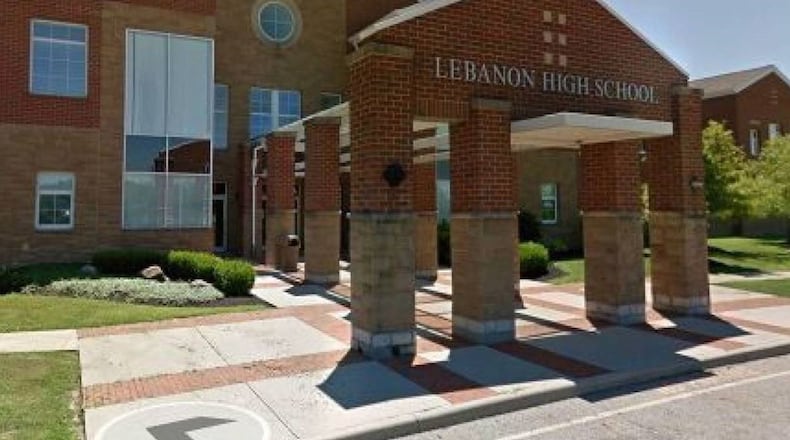A $430 million mixed-use development of more than 1,200 dwellings is being planned along Ohio 63 west of Lebanon, in addition to other residential, commercial and industrial projects being developed. However, the current emergency levies do not allow for revenue growth.
An emergency levy collects a set dollar amount year after year from the community as a whole. So when a large new development comes online, the school still collects the same total amount, and each existing taxpayer’s share of that set dollar amount gets a little smaller.
Substitute levies, on the other hand, make the tax rate (millage rate) stay the same every year, rather than the dollar amount staying the same. So existing residents’ tax rate would stay the same, and people from the new development would also pay that rate, meaning the school’s total tax collection would increase (as enrollment would also likely increase, from the new development).
Nolan said he had met with Lebanon Superintendent Isaac Seevers and Treasurer Karen Ervin to discuss the possibilities. He said that other districts such as Springboro and Middletown had emergency operating levies but have gotten rid of them. Nolan said combining two of the emergency levies that expire in 2023 would also reduce the number of levies that come before the voters.
“This is a new thing that hasn’t happened in Lebanon before, but its happened all around us,” Seevers said. “There would be no new taxes for current residents but it allows for growth (from new construction).”
Seevers told the Lebanon Board of Education board that the district has a permanent improvement levy that also expires at the end of 2023. He said it was intentional that the emergency levies expired at the same time, in order to move to a combined substitute levy.
Ervin said both emergency levies and the permanent improvements levy are “vital to us.”
Lebanon has a 3.98-mill emergency levy approved in 2019 that generates about $5 million, while another 3.45-mill emergency levy generates about $4.2 million. Neither levy grows as new construction comes to the district, she said.
Ervin said the 2-mill permanent improvement levy originally approved in 1998 generates about $1.4 million. Last spring, district voters renewed a five-year 2.83-mill emergency levy.
She said approving a combined substitute levy “will take away the need to vote for so many levies.”
District officials said voters will see a permanent improvements levy as well as a combined substitute operating levy to replace the emergency levies expiring in 2023.
Seevers said the district can put a tax issue on the ballot 18 months before a levy expires and recommended combining those emergency levies into a substitute levy on the November 2022 general election ballot.
“This would also enable the district have time to educate voters on the need and rationale for having a substitute levy,” Seevers said.
If voters approve the substitute levy, the district would be able to collect the new tax revenues as construction starts on the new developments.
A board work session with Nolan is being scheduled to discuss the substitute levy proposal.
About the Author

